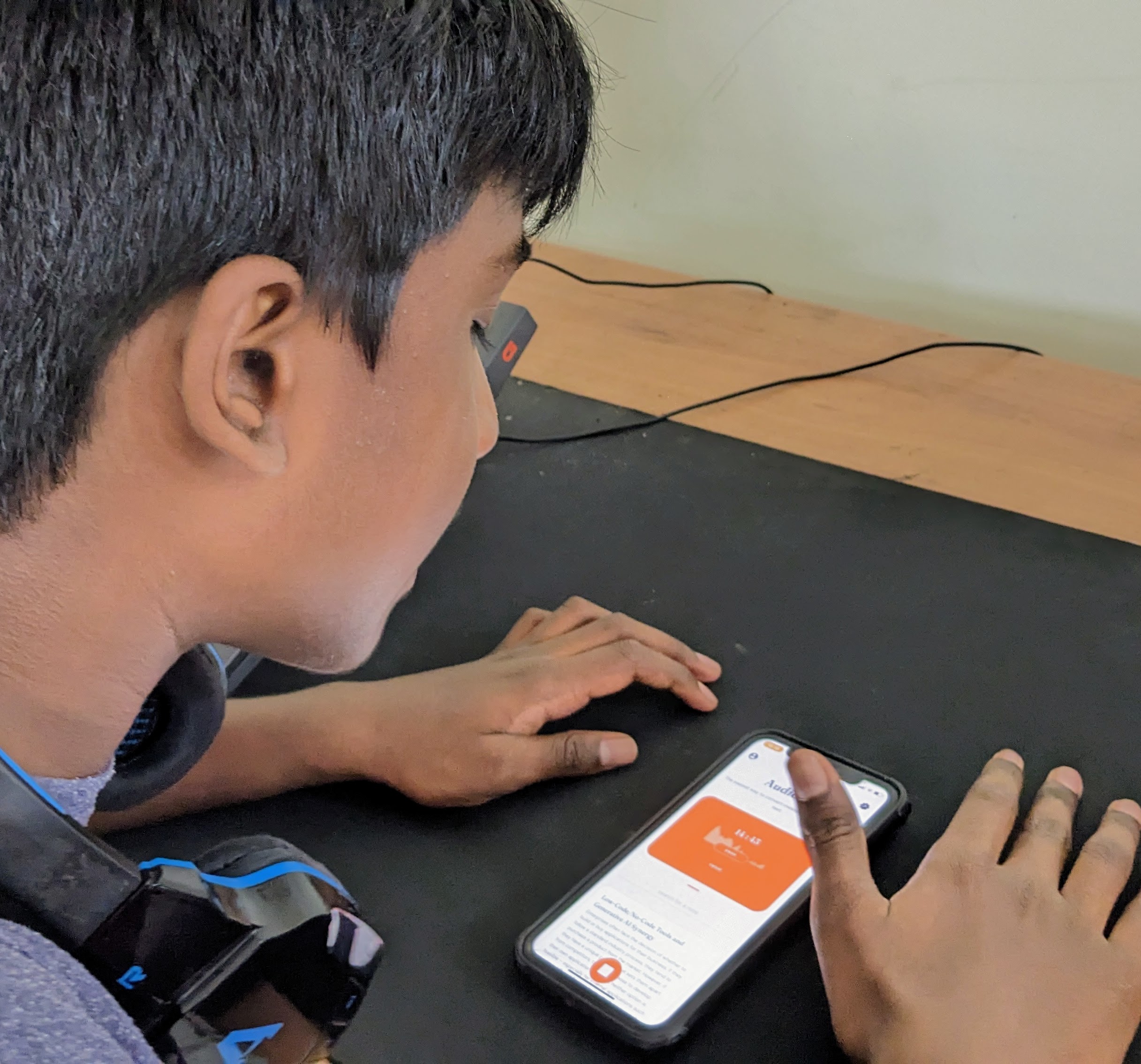This past Monday, my father and I attended a talk about generative AI, which he was presenting. With the rise of AI technologies like Chat GPT, WordTune, Filmora, and Bing’s own AI features, I wanted to understand their growing popularity.
Upon arrival at the event, we were warmly welcomed by the hosts before diving into the presentation at 10:45am. My father began with an overview of generative AI’s history and its future potential. He emphasized that technology only moves forward – an evident truth given how our smartphones possess greater computational power than what sent the first man into space.
He then explained how generative AI functions as a combination of machine learning (both supervised and unsupervised), expert systems, and other components. This enables it to perform tasks such as writing essays or code or even teaching new concepts in a manner akin to human interaction.
To better illustrate this concept, my father compared machine learning to teaching children about different objects through repetition. Machines initially served for problem-solving purposes; however now they are capable of producing more nuanced outputs beyond simple equations.
My father also addressed concerns regarding whether AIs would replace humans entirely in various fields. Contrary to popular belief, he argued that AIs will actually help us progress rather than render us obsolete since most require some form of human input for optimal functioning.
In his vision for the future of generative AIs, he described two key changes: pinpoint solutions (which improve specific aspects) and lift-and-shift processes (transferring familiar activities online). These advancements aim to make life easier without completely upending existing structures or methods.
Interestingly enough, this essay was composed using AudioPen – another example of a generative AI tool! Stay tuned for further discussions on this fascinating topic in upcoming essays.
